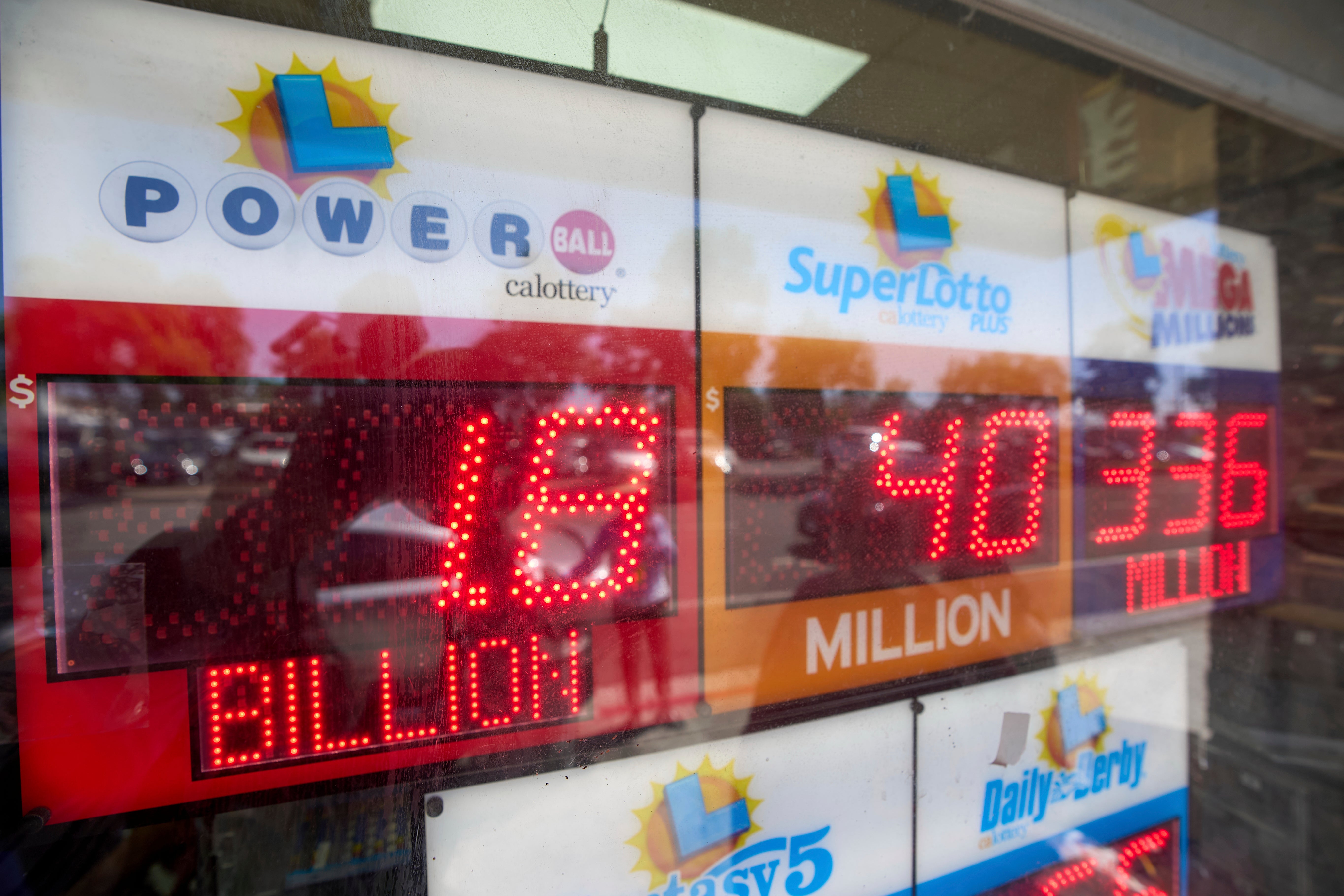The Powerball jackpot has hit an eye-watering $1.8 billion, making it the second-largest prize in the game’s history.
It’s been months since the lottery’s last prize was claimed in May by a man in California. Since then, the dry spell has stretched across 42 consecutive drawings, tying the record for the longest jackpot drought.
Ahead of Saturday’s 10:59 p.m. EST drawing, financial advisor Rob Wilson spoke to CBS News Philadelphia and offered tips on how the lucky winner can protect themselves and their cash winnings.
Keep your mouth shut
“The biggest thing that you should not do in this situation is go and start bragging about your win,” Wilson stressed. “I would tell your spouse, your accountant and your attorney, that’s it.”

In 1999, 21-year-old Timothy Schultz’s life changed when he won the jackpot worth $29 million. Following his win, he held a press conference at the suggestion of lottery officials, who told him it would help him avoid being “hounded by media” since state law required his name to be disclosed anyway.
Immediately, Schultz was regularly approached by strangers asking him for autographs or to “rub him for good luck.” Shultz, now in his forties, said he would consider remaining anonymous today if he were given the choice.
“I wasn’t just Tim anymore, I was Tim the lottery winner,” he recently told the Associated Press.
Make a copy of your winning ticket
Wilson advises that you take a picture or make a copy of the winning ticket.
“This might not necessarily absolutely prove your ownership if you have to go to court, but I would at least get a picture and a copy of it so that you have that in your possession,” he said. “I wouldn’t sign the ticket just yet because you want to talk to an attorney and your accountant to decide exactly how you want to claim the prize.”
Protect your anonymity
By “how you want to claim the prize,” Wilson is referring to whether you choose to accept the money as an individual or as an LLC to protect your identity.
Several states, including California, Idaho, Iowa, New York, North Carolina, and Vermont, do not allow winners to remain anonymous. However, certain states like Connecticut and Massachusetts, allow winners to establish a trust or LLC to claim the prize anonymously.
“You may want to hire a firm to find and scrub personally identifiable information from the web and have them continually monitor what is said about you on the internet, social media, and the dark web and combat disinformation and social media imposters,” writes John Jennings, an adjunct professor at Washington University’s Olin School of Business, for Forbes.
Hire legal representation
Out of precaution, Wilson says it’s best to hire an attorney and work with at least two financial advisers.
“You never, ever want to sign a power of attorney to any of those advisors, which gives them an undue amount of authority over your winnings,” Wilson added.
Jennings also noted the importance of hiring a lawyer and/or financial advisor. “For instance, you need basic estate planning documents executed and investment accounts ready to earn interest on the cash influx,” he said. “In addition, these advisors can help with decision-making, such as the optimal time to claim the winnings and whether to take the lump-sum or annuity payout.”
Lump sum vs. annuity
Powerball winners can choose to receive their winnings either as a one-time lump sum or in 30 graduated payments over 29 years through an annuity.
Wilson recommends you choose the lump sum option. He explained that if a winner chooses to receive the prize as an annuity and dies before it’s cashed out, the annuity ends — meaning the next of kin wouldn’t get the full amount.





